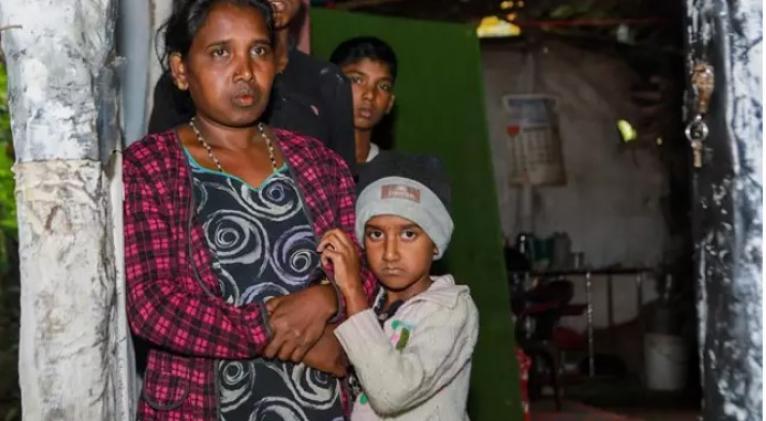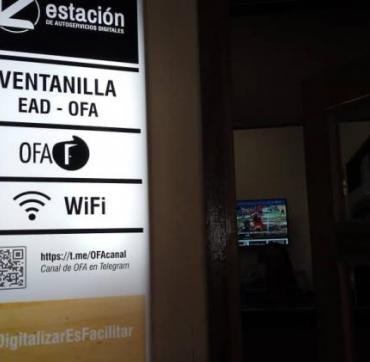Devastating Crisis for Sri Lankan Children is a Cautionary Tale
especiales

Sri Lanka, a nation normally known for its rapid economic growth and booming tourism, is presently experiencing its worst economic crisis since independence in 1948, as families skip regular meals as staple foods are becoming unaffordable, the Ada Derana website reported.
Children are going to bed hungry, unsure of where their next meal will come from – in a country which already had South Asia´s second highest rate of severe acute malnutrition.
Nearly half of Sri Lankan children already require some form of emergency assistance. The education of 4.8 million children, already severely hampered by two years of interrupted learning, is at risk as school attendance continues to be jeopardized.
Children’s education is being hindered by the current crisis in many ways, children no longer get the warm and nutritious school meal that they used to have before the crisis, they lack basic stationery, and their teachers struggle with transportation.
“More reports are already emerging of an increase in abuse, exploitation and violence against children due to the mounting economic pressure,¨ said George Laryea-Adjei, ¨Children need to be placed squarely at the heart of the solution as the country works to resolve the crisis.¨
Continuity of learning must be ensured for girls and boys of all ages, so they can prepare for their future and are shielded from the threats of child labor, exploitation and gender-based violence. Central and primary health services must be prioritized, to protect women and children against life-threatening diseases and malnutrition.
Acute economic precarity and inflation across South Asia is poised to further threaten the lives of children – in a region which was already home to one-fifth of the world’s extreme poor and profound hardships and inequities impacting children’s health, learning and safety, and in a region which was severely impacted by Covid-19.
If we do not act now to protect children against the worst effects of the global economic downturn, the children of the world’s most populated region will be plunged further into poverty – and their health, nutrition, learning and safety compromised.














Add new comment